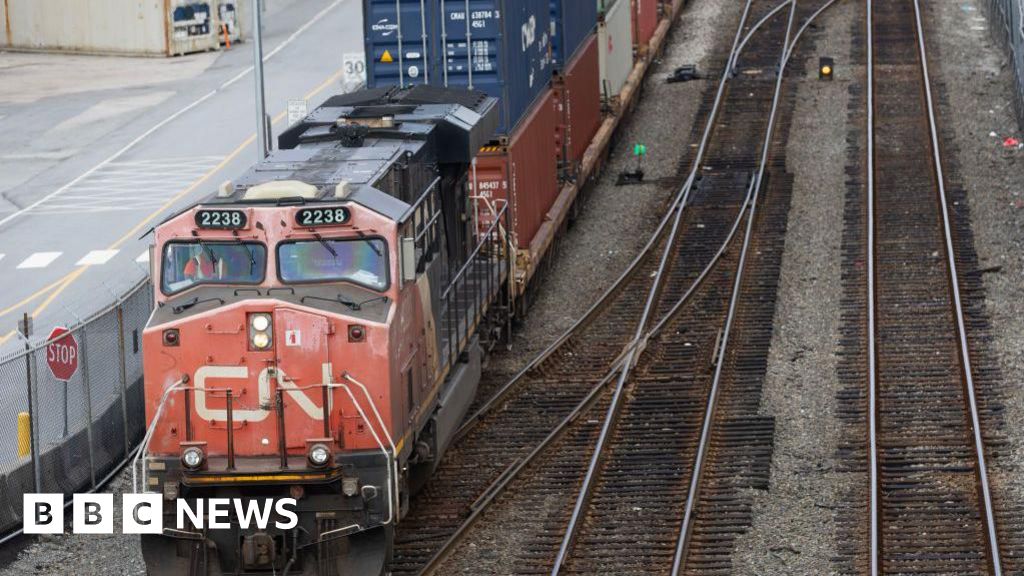Canada’s federal government moved quickly to end a labor dispute that just shut down two of the country’s largest railways and threatened supply chains across North America.
Labor Secretary Steve McKinnon announced that he would send the parties to final binding arbitration and directed both railroads to resume operations as soon as possible.
Canadian National Railway (CN) and Canadian Pacific Kansas City (CPKC) shut down nearly 9,300 workers in a midnight strike Wednesday after failing to reach an agreement with the Teamsters union.
About 75% of Canada’s exports to the United States are transported primarily by rail. A protracted dispute could disrupt shipments of a range of commodities, from grains and pulses to potash, coal and timber.
“Workers, farmers, commuters and businesses rely on Canada’s railways every day and will continue to do so,” Mr. MacKinnon said. “It is the government’s duty and responsibility to ensure industrial peace in this vital industry.”
Canada is the second largest country in the world and relies heavily on rail transportation.
The government said that while it supports the collective bargaining process, it needs to exercise its powers under Canada labor laws to ensure vital goods and trade remain in transit.
Under its order, the Canada Industrial Relations Board will resolve disputes over collective agreements. During this period, the Board will also extend the current terms of the collective agreement so that workers can return to work as quickly as possible.
The two railroads’ collective bargaining agreements expired at the end of last year.
After months of negotiations, the increasingly heated negotiations came to a standstill late Wednesday, with both sides accusing the other of refusing to negotiate seriously, according to the Canadian Broadcasting Corporation.
Both CN and CPKC called for binding arbitration.
CN said on Thursday it was “satisfied” with the end of the labor dispute.
“Despite its best efforts, the company is disappointed that it was unable to reach a negotiated agreement at the bargaining table,” it added.
The CPKC said it hopes to “protect Canada’s supply chains and all stakeholders from further uncertainty and broader disruption.”
On Thursday, before the arbitration was announced, Canadian Teamsters national president François Laporte told the BBC in an interview that the sticking point for his union was safety.
“Across Canada, we have trains that carry cargo, we have trains that carry energy, we have trains that carry chemicals,” he said. “We want to make sure these trains are run by people who are properly rested, safe and not fatigued.”
Mr. LaPorte echoed statements made earlier at the Canadian Teamsters Association rail conference, accusing railroads of only caring about the “bottom line.”

